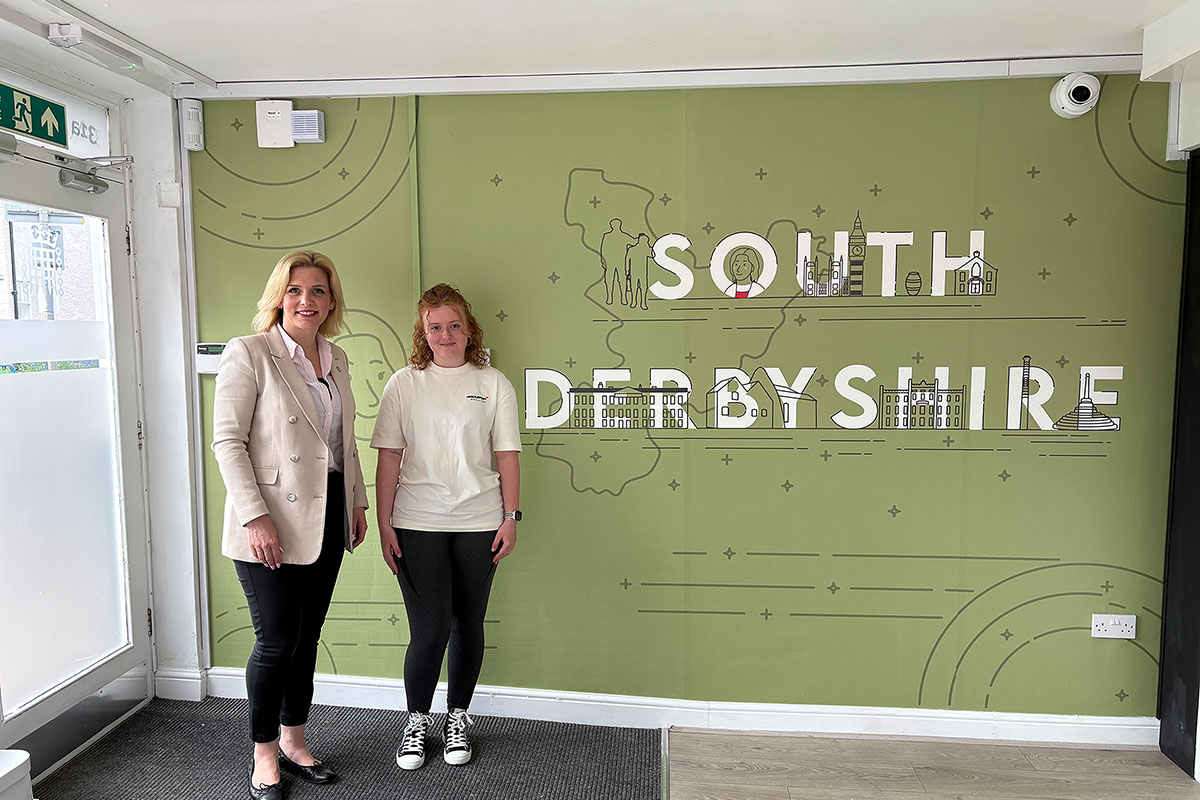The Future of Education: AI Learning Assistants Empowering Students to Learn Faster and Easier

The educational landscape is undergoing a significant transformation, thanks to the rapid advancements in technology. One of the most promising developments is the rise of artificial intelligence (AI) learning assistants that have the potential to revolutionise the way students learn and master new subjects.
AI learning assistants are designed to provide a personalised learning experience tailored to each student’s unique needs and goals. One of the most significant advantages of AI learning assistants is their ability to break down complicated concepts into easily digestible overviews. This approach enables students to grasp the core ideas quickly, paving the way for a more profound exploration of the subject matter. By providing simplified explanations, AI learning assistants reduce the cognitive load on students, allowing them to focus on mastering the material rather than getting bogged down in jargon and complex terminology.
Moreover, AI learning assistants can curate thought-provoking questions to deepen students’ understanding of a topic. By engaging learners in critical thinking and problem-solving, these platforms help develop essential skills that are transferable across various disciplines and crucial for success in the 21st-century workforce. Additionally, AI learning assistants can provide instant feedback, enabling students to identify and address gaps in their knowledge promptly.
Another key feature of AI learning assistants is their ability to offer comprehensive syllabus coverage. Students can load every topic and subtopic in a subject, ensuring they cover all the essential aspects and leave no stone unturned in their quest for mastery.
Goal-driven learning paths are another crucial aspect of AI learning assistants. By understanding each student’s objectives, these platforms can tailor the learning experience to emphasise the importance of each topic and subtopic in achieving their goals. This targeted approach ensures that students remain focused and motivated throughout their learning journey.
AI learning assistants also bridge the gap between theoretical knowledge and practical application by offering real-world experience opportunities. By integrating project-based learning, simulations, and case studies, these platforms enable students to apply their newly acquired skills in real-life scenarios, enhancing their overall learning experience.
Lastly, AI learning assistants foster an interactive learning environment by allowing students to ask questions and receive related queries to expand their understanding further. This dynamic engagement keeps learners intellectually stimulated and curious, promoting a culture of continuous learning and growth.
While AI learning assistants have the potential to significantly enhance students’ learning experiences, it is essential to recognise that they are not intended to replace traditional teaching methods or educators. Instead, AI learning assistants are designed to complement and augment primary teaching methods by offering personalised support, resources, and guidance to students.
In conclusion, AI learning assistants like GAJIX have the potential to reshape the future of education, making learning more accessible, efficient, and engaging for students worldwide. By harnessing the power of artificial intelligence, these platforms empower learners to achieve their academic and professional goals faster and easier than ever before. As the adoption of AI learning assistants continues to grow, it is only a matter of time before they become an integral part of the educational ecosystem, transforming the way students learn and paving the way for a brighter and more knowledgeable future.











Responses